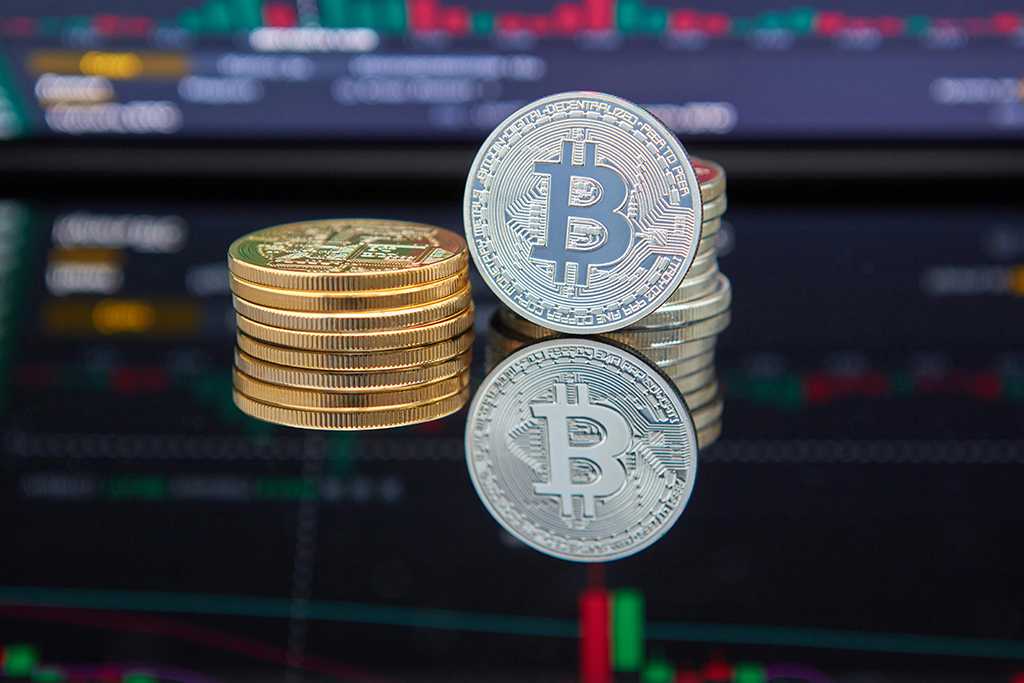How to Choose a Cryptocurrency Exchange: Recommendations for Selecting a Reliable Platform for Cryptocurrency Trading
Cryptocurrencies are attracting an increasing number of beginners eager to explore their potential and start trading. However, the first step in this journey, selecting the right exchange, can be a daunting task. It’s essential to consider various factors, including security, ease of use, fees, platform reliability, and more. This article will cover key aspects to help you choose an exchange that meets your needs and expectations.Cryptocurrencies are attracting an increasing number of beginners eager to explore their potential and start trading. However, the first step in this journey, selecting the right exchange, can be a daunting task. It’s essential to consider various factors, including security, ease of use, fees, platform reliability, and more. This article will cover key aspects to help you choose an exchange that meets your needs and expectations.
Reputation and Reliability of the Exchange
Choosing a reliable cryptocurrency exchange starts with researching its reputation. A trustworthy platform should have a transparent history, positive reviews, and a proven track record in the market. Assessing the reputation helps avoid fraudulent platforms, which is especially critical for crypto newcomers.
Tools and platforms to evaluate reputation and reliability:
- Reviews on specialized forums: Explore discussions on forums like BitcoinTalk or Reddit. Users often share their experiences, highlighting the strengths and weaknesses of exchanges.
- Ratings and reviews on websites: Use platforms like CoinGecko or CryptoCompare, which provide exchange ratings based on trading volumes, security, and user feedback.
- Company transparency: Check whether the exchange provides information about its legal status, office location, and leadership. This information can typically be found on the exchange’s official website.
- Incident history: Investigate whether the exchange has been involved in major incidents, such as hacks or delayed payouts. News reports and platforms like CoinDesk are useful for this research.
- Social media and community support: Evaluate the exchange’s activity on social media and responsiveness to user concerns. High engagement and openness are signs of a reliable company.
Thoroughly reviewing an exchange’s reputation using these tools will help you select a platform that ensures safe and stable operations.

Security
Security is one of the most critical factors when choosing a cryptocurrency exchange, as it protects your funds and personal data.
Recommendations for assessing security:
- Two-Factor Authentication (2FA): Ensure the exchange supports 2FA for login and transactions.
- Cold Wallet Storage: Verify that the exchange uses cold wallets for storing most funds, reducing hacking risks.
- SSL Encryption: Confirm that the exchange’s website uses SSL certificates to protect user data from interception.
- Regular Security Audits: Check whether the exchange undergoes regular security audits by independent specialists.
- Incident History: Research the exchange’s security track record: how hacks were addressed and what measures were taken.
- Reputation in Crypto Communities: Review expert and user opinions on forums and social media regarding the exchange’s security.
By examining these aspects, you can choose a secure exchange and minimize risks of financial loss.
Available Cryptocurrencies and Trading Pairs
A simple way to check which cryptocurrencies and trading pairs an exchange offers is by using platforms like CoinMarketCap. This website provides up-to-date information about all cryptocurrency exchanges, including lists of available coins and trading pairs. With CoinMarketCap, you can quickly assess the diversity of offerings on a particular platform.
User Interface and Functionality
A user-friendly interface and functional features are crucial for a seamless trading experience, especially for beginners. Features of a good interface include intuitive navigation, clearly defined sections, and effective visualization of price data, trading volumes, and balances. The exchange should provide tools for quick order execution, market analysis, and trade history. Additional factors like a mobile app, multilingual support, and customizable interface settings also indicate high usability.
Fees and Charges
When selecting a cryptocurrency exchange, pay attention to the fees it charges for trading, deposits, and withdrawals. This information is typically available in the “Fees” or “Tariffs” section of the exchange’s website. Evaluate both trading fees (transaction fees) and withdrawal fees, as they can vary depending on the cryptocurrency. Reasonable trading fees range from 0.1% to 0.5% per trade, which is standard for most major exchanges. Withdrawal fees are generally small fixed amounts or percentages based on the withdrawal amount.

0 Comment